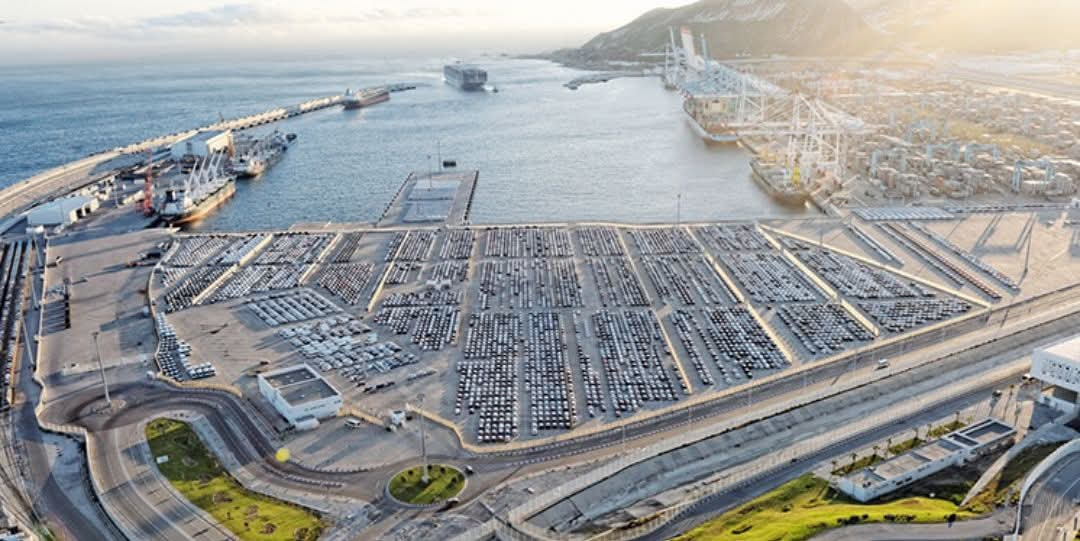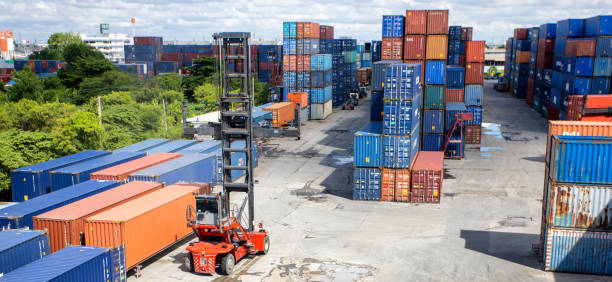Casablanca – Morocco is increasingly emerging as a strategic hub for automotive manufacturing, posing a direct challenge to Spain’s long-established car industry, according to Spanish media reports. Analysts point to Morocco’s low labor costs, modern infrastructure, and regulatory flexibility as key factors driving its appeal to global automakers, creating competitive pressures for neighboring European producers.
A recent study by the global consulting firm Oliver Wyman highlights the cost advantage Morocco offers. The report notes that producing a single car in Morocco costs approximately $106, compared to $955 in Spain—nearly nine times higher. Labor alone represents between 65% and 70% of the total cost of industrial transformation, making workforce efficiency a crucial factor for profitability. Morocco’s abundant and relatively inexpensive labor force, coupled with the underreporting of wages to the National Social Security Fund, has drawn the attention of several international automotive companies seeking low-cost production bases.
But the advantage extends beyond wages. The report indicates that Morocco also benefits from lower electricity, maintenance, and administrative costs, which further reduce the overall expense of manufacturing vehicles. When combined with advanced production facilities, this makes the country a highly competitive environment for large-scale automobile manufacturing.
Currently, Morocco hosts three major automotive plants. The Somaca factory in Casablanca, operated by Renault, produces vehicles for both domestic and international markets. Renault’s Tangier facility has an annual capacity of 400,000 units, while Stellantis’ Kenitra plant manufactures Peugeot 208 and Citroën Ami models with similar output. These modern facilities are supported by robust logistics infrastructure, including the Tangier-Med port, which competes directly with Spain’s Algeciras port in global shipping contracts, including partnerships with companies such as Maersk.
Spanish media, particularly La Razón, warns that Morocco’s rapid growth threatens Spain’s automotive sector, which remains Europe’s second-largest car producer with an average of 2.3 million units annually. Morocco aims to expand its production to two million vehicles annually by 2030, narrowing the gap with Spain and intensifying competition for exports to Europe and other global markets. One notable potential shift involves relocating the production of the next-generation Citroën C4 from Madrid to Kenitra in 2027—a move described as a “potential blow” to Spain’s industrial output.
Experts point out that Morocco’s regulatory environment adds to its competitive edge. Unlike Spain, which must comply with strict EU regulations on emissions and the transition to fully electric vehicles by 2035, Moroccan plants can produce vehicles tailored to diverse markets. They can manufacture electric cars for European consumers while continuing to produce conventional-engine vehicles for markets in Africa, Asia, and South America, where charging infrastructure remains limited. This flexibility allows manufacturers to respond quickly to market demand while avoiding costly compliance burdens.
Energy costs further strengthen Morocco’s competitiveness. Electricity prices are lower than in Spain, and the country has significant potential to expand solar energy production, offering a sustainable and cost-effective energy source for factories. Combined with affordable shipping via Tangier-Med, these factors make Morocco a highly attractive hub for automakers seeking to optimize production costs.
Global automakers have already recognized these advantages. Morocco’s position as a “strategic reserve” for vehicle production is steadily consolidating, with the country exporting increasing volumes to Europe and beyond. Some reports suggest that Morocco now exports more cars to European markets than traditional leaders such as Japan, demonstrating the country’s rapid rise in the global automotive value chain.
While Spain maintains its industrial capacity and skilled workforce, Moroccan cost advantages and regulatory flexibility could force Spanish policymakers and manufacturers to reconsider their strategies. Reforms in energy policy, labor management, and investment incentives may be necessary to preserve Spain’s competitive position in the European automotive market, particularly as Morocco continues to expand its production capabilities and attract global investment.
Morocco’s combination of low-cost labor, modern infrastructure, regulatory flexibility, and strategic logistics is reshaping the competitive landscape of car manufacturing in Europe. For Spain, this represents both a challenge and an urgent call to adapt, as Morocco steadily positions itself as a key player in the global automotive sector.
















